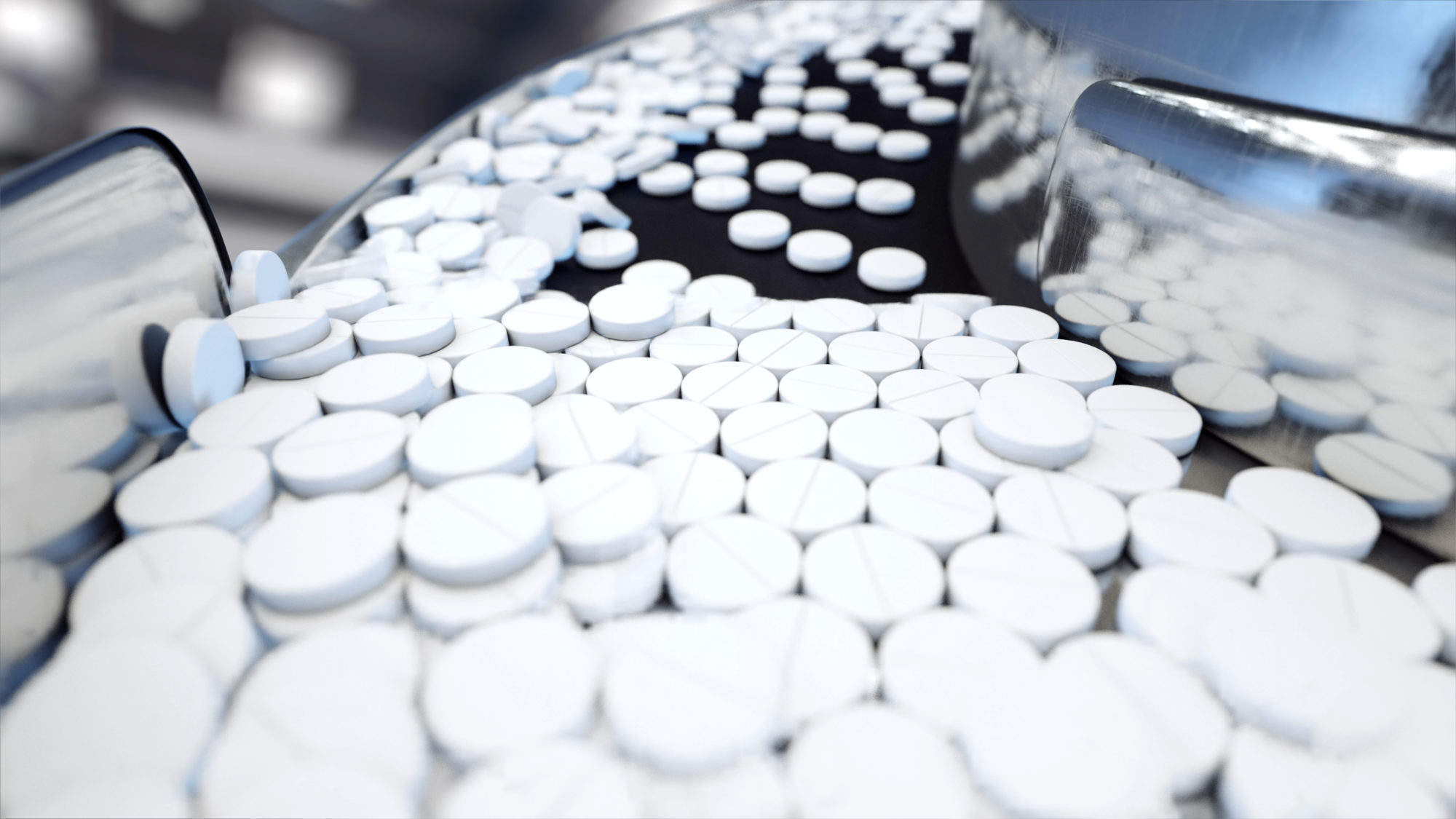
The US Food and Drug Administration (FDA) has outlined the need for advanced manufacturing techniques, such as 3D printed drugs, in the pharmaceutical industry.
FDA commissioner Scott Gottlieb called for the prioritisation of 3D printed drugs in an FDA blog post, saying that they “hold great promise for improving the American market for drugs and biologicals.”
He also endorsed continuous manufacturing, a production process in which materials are continuously undergoing chemical reactions or subject to mechanical or heat treatments.
“Drugs that target small patient populations will require much greater manufacturing flexibility,” he said. “The small scale of continuous manufacturing equipment works well for these endeavours.”
The FDA’s support for advanced manufacturing follows the $58m financial backing given by the Trump administration’s fiscal year 2019 proposal, released in February.
Advanced manufacturing could save US $60bn a year
Using 3D printed drugs could increase the speed of drug production, allowing vaccines to be made closer to flu season when there’s a better idea of the strain.
How well do you really know your competitors?
Access the most comprehensive Company Profiles on the market, powered by GlobalData. Save hours of research. Gain competitive edge.

Thank you!
Your download email will arrive shortly
Not ready to buy yet? Download a free sample
We are confident about the unique quality of our Company Profiles. However, we want you to make the most beneficial decision for your business, so we offer a free sample that you can download by submitting the below form
By GlobalDataSupporters also point to the cost savings that advanced manufacturing can offer the pharmaceutical industry.
Drug makers, for example, can design 3D printed drugs for the individual needs of patients in small batches, cutting production costs.
Gottlieb also pointed to the savings that continuous manufacturing can offer, putting the figure as high as 30%.
“This estimate does not include the savings from potential future technologies,” he said. “That totals $60bn per year in savings in the United States.”
The United States President’s Council of Advisors on Science and Technology (PCAST) says that current manufacturing techniques consume “as much as 27% of the revenue for many pharmaceutical companies”.
PCAST estimates that advanced manufacturing techniques could cut manufacturing costs by as much as 50%.
3D printed drugs need regulatory certainty
The first 3D printed drug to receive FDA approval came over three years ago, but barriers remain for drugmakers looking to adopt the technology.
Laura Gilmour, global medical business development manager at 3D printing solutions provider EOS, said that now the FDA is “on the right track”.
“The additive manufacturing industry is in the early days of R&D with pharmaceuticals, but it’s evident that 3D printing would enable a more adaptable manufacturing process for pharmaceutical components,” she said.
“Similar to the technical guidance document the FDA issued for additive manufacturing for the medical device industry, anything that enables pharmaceutical companies to overcome the uncertainty and technical aspects of future manufacturing technology – like additive manufacturing – will be helpful in driving progress forward.”
Gottlieb called for the FDA to define basic regulatory principles to support such innovations:
“The bottom line is this: Drug makers won’t switch to these systems until we create a clear path toward their adoption, and provide more regulatory certainty that changing over to a new manufacturing system won’t be an obstacle to either new or generic drug approvals.”
He added that making regulations clearer will also improve competition by making it easier for smaller pharmaceutical companies to enter the market.
Read more: Trump “likely” to pressure UK to change pharmaceutical regulations



